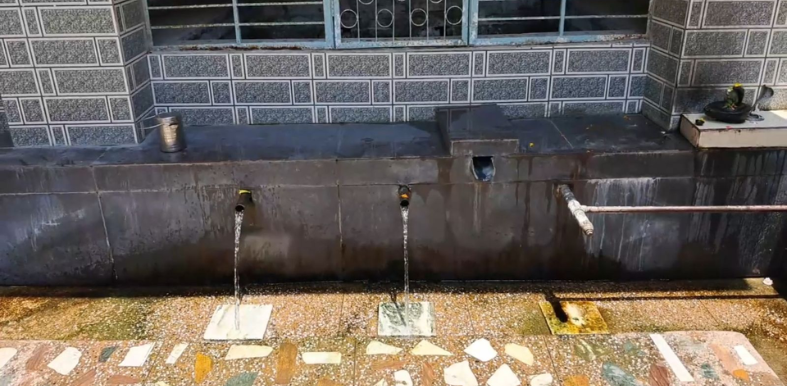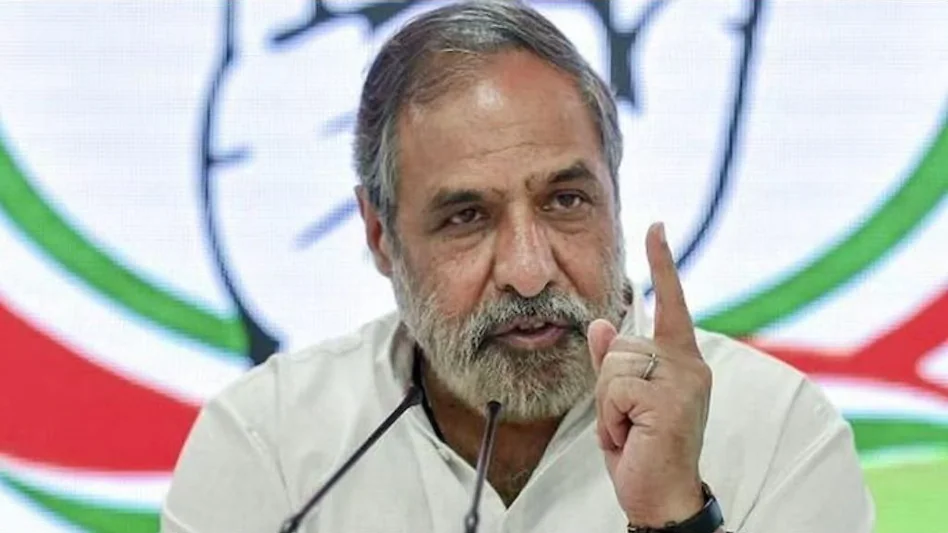Pollution levels spike as Diwali fireworks lead to hazardous air quality across North India.
Following Diwali celebrations and widespread firecracker use, air quality plummeted across North India, with Delhi and regions in Himachal Pradesh witnessing dangerous pollution levels. Despite a Supreme Court ban on fireworks in Delhi-NCR, the air quality index (AQI) in Delhi surged to 362, placing the air in the “very poor” category, marking this as Delhi’s most polluted Diwali in the past three years.
Delhi also ranked as the most polluted city globally on Friday.
In Himachal Pradesh, pollution levels spiked in industrial areas such as Baddi, Barotiwala, and Nalagarh, extending to Shimla. Baddi’s AQI reached 296, classifying it as “hazardous.” Shimla, known for its clean air, recorded an AQI of 92, a sharp rise from 31 on October 27. Bilaspur’s AQI reached 189, indicating “moderate” pollution.
Also Read: https://thenewzradar.com/its-november-record-heat-in-himachal/
Celebrations continued in parts of Himachal on November 1, potentially elevating pollution levels further. According to the Himachal Pradesh Pollution Control Board, pollution levels rose noticeably after Diwali.
AQI Readings Across Regions
The Central Pollution Control Board (CPCB) data showed Delhi’s 24-hour average AQI at 330, up from 218 in 2023 and 312 in 2022. In Uttar Pradesh, the AQI on Friday was recorded at 318 in Sambhal and 301 in Moradabad, with a haze enveloping Agra. Of Delhi’s 39 monitoring stations, 37 reported “very poor” air quality.
Haryana and Punjab Also See Deterioration
Air quality worsened in Haryana and Punjab, with several cities recording AQIs in the “poor” to “very poor” categories. In Chandigarh, AQI remained in the “very poor” range. As of Friday morning, Gurugram in Haryana recorded an AQI of 344, Jind 340, Ambala 308, and Kurukshetra 304. In Punjab, Amritsar’s AQI hit 314, indicating hazardous air quality.
This surge in pollution has prompted concerns over public health, especially as winter approaches, with authorities expected to issue more detailed data and advisories soon.






